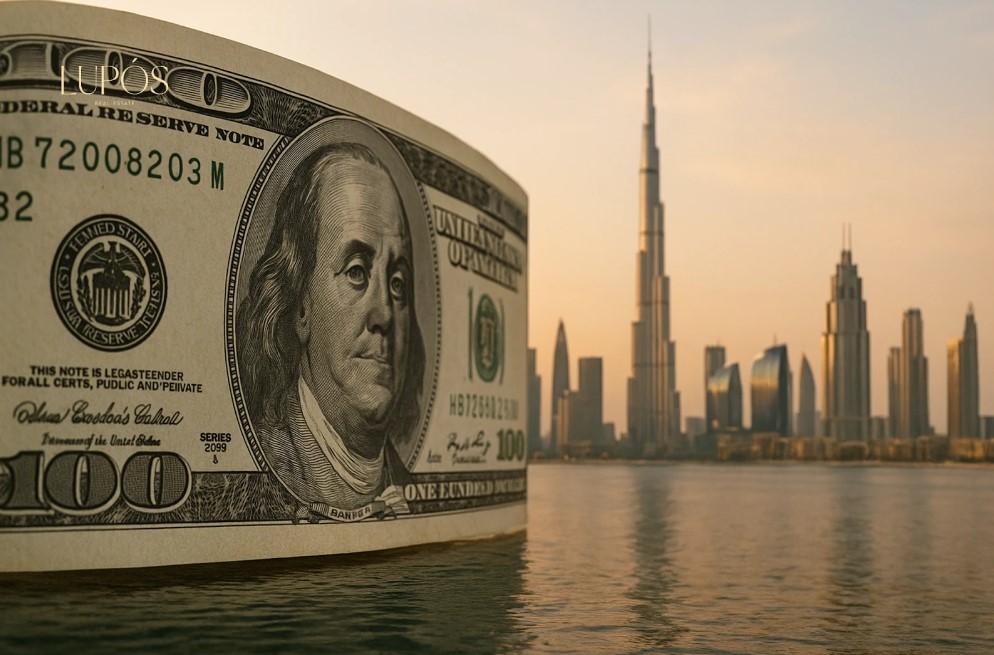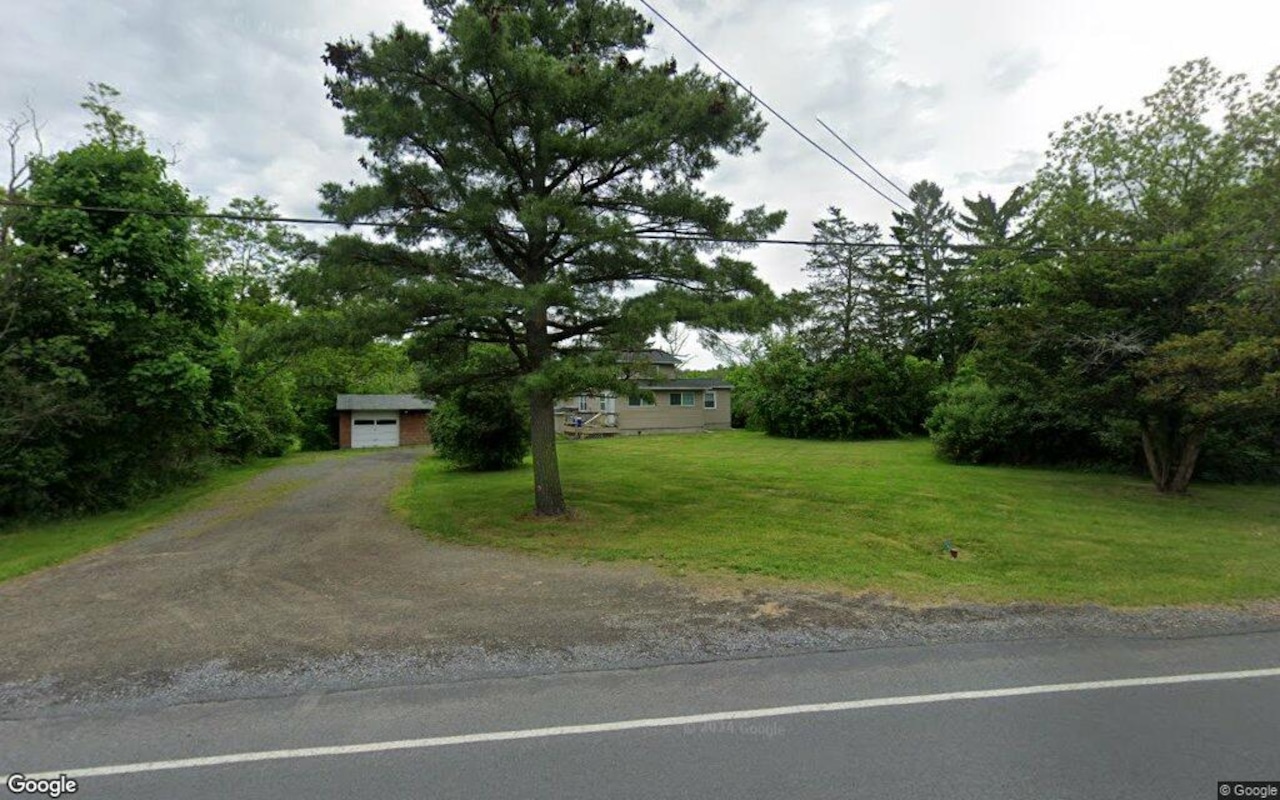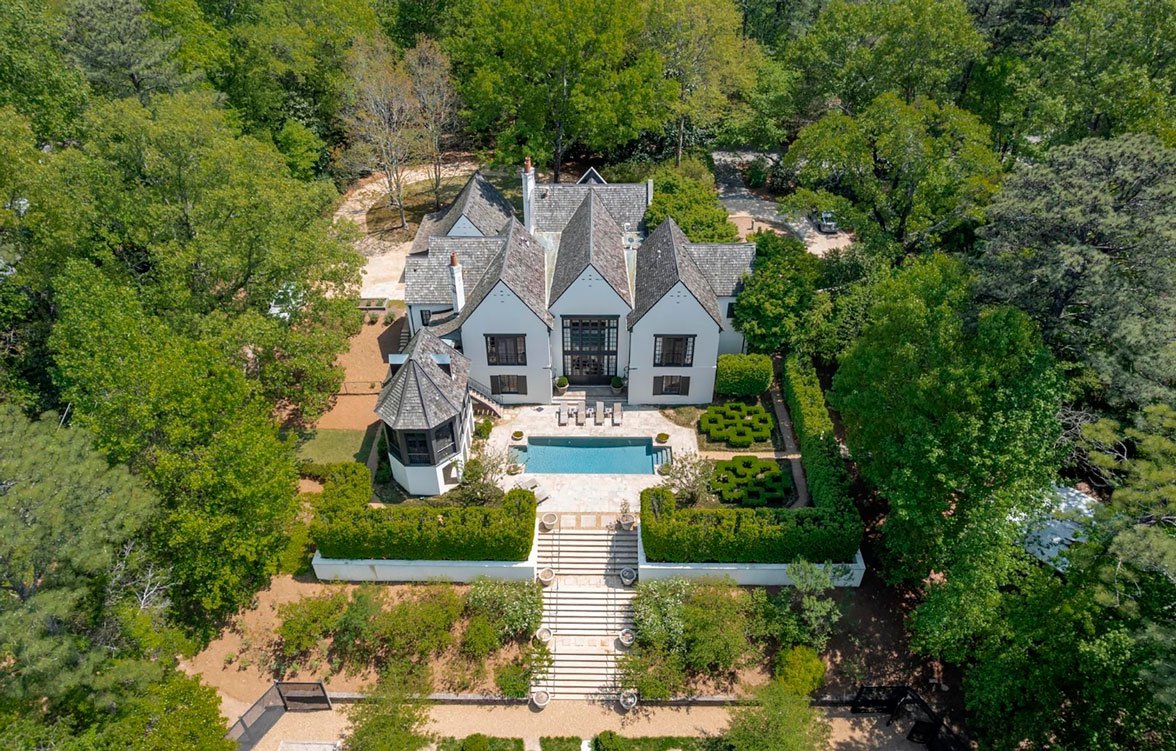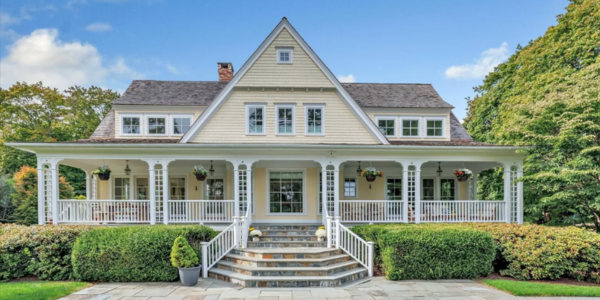I
nterest rate fluctuations have become a crucial factor in shaping Dubai's real estate investment landscape. The UAE's monetary policy decisions directly impact borrowing costs, investment strategies, and market dynamics across both residential and commercial property sectors. Understanding these rate changes is essential for investors navigating Dubai's evolving real estate market.
Dubai's interest rate environment is influenced by the UAE dirham's peg to the US dollar, creating a direct correlation between Federal Reserve decisions and local borrowing costs. This currency arrangement means that UAE interest rates typically follow US rate movements, impacting mortgage affordability and investment calculations. The dollar peg provides stability but limits monetary policy independence, making Dubai's real estate market adapt to US economic conditions.
Rising interest rates significantly affect mortgage affordability, directly influencing property demand across Dubai's residential market. Higher borrowing costs reduce purchasing power for leveraged buyers, potentially cooling demand and affecting transaction volumes in price-sensitive market segments. Conversely, lower interest rates stimulate demand by improving affordability and encouraging investment activity.
Interest rate changes create complex price dynamics in Dubai's real estate market, with different property types responding uniquely to borrowing cost fluctuations. Rising rates typically exert downward pressure on prices as reduced affordability decreases buyer competition, while falling rates can stimulate price appreciation through increased demand. The relationship between rates and prices varies across market segments, with luxury properties often showing different sensitivity patterns compared to affordable housing.
International investors represent a significant portion of Dubai's real estate market, making currency and interest rate relationships crucial for investment flows. Exchange rate movements combined with interest rate differentials affect the relative attractiveness of Dubai property investments compared to alternative global markets. Foreign investment considerations include currency hedging costs, comparative returns, and capital flow patterns.
Interest rate environments significantly influence investor behavior patterns in Dubai's real estate market. Rising rates typically encourage more conservative approaches as borrowing costs increase, while falling rates often stimulate aggressive investment strategies and increased risk tolerance. Experienced investors adapt their strategies based on rate cycles, potentially shifting between different property types and financing structures.
The impact of interest rate changes varies significantly between residential and commercial real estate sectors in Dubai. Residential markets typically show more immediate sensitivity to rate changes due to individual buyer financing dependence, while commercial markets may demonstrate different response patterns based on institutional investor strategies. Commercial real estate investors often employ sophisticated financing structures that may provide some insulation from rate changes.
Successfully navigating interest rate cycles in Dubai's real estate market requires understanding the complex relationships between borrowing costs, investor behavior, and property values. Rate changes create both challenges and opportunities that informed investors can leverage for optimal portfolio performance. The key to successful real estate investment during rate fluctuations lies in maintaining flexibility, understanding market fundamentals, and adapting strategies to changing financial conditions.













